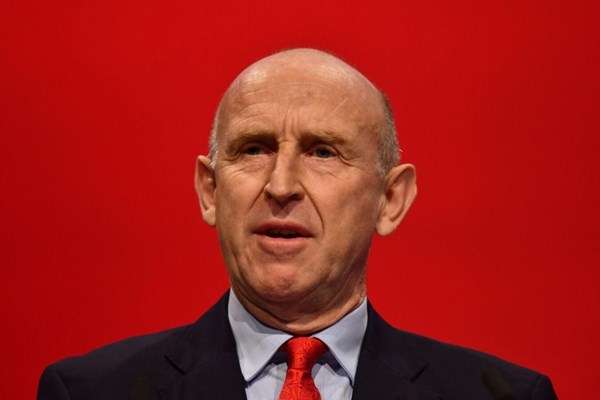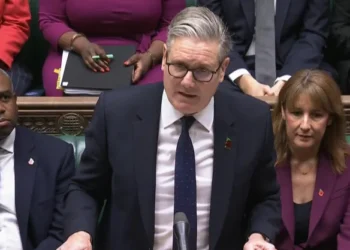Prime Minister Keir Starmer has called for full accountability from former Conservative ministers over their role in a secretive £850 million Afghan resettlement scheme, demanding answers on how a major data breach and subsequent cover-up were allowed to occur.
In his first public remarks since the lifting of an unprecedented superinjunction, which had prevented any discussion of the programme, Starmer welcomed an upcoming inquiry by the Commons Defence Committee.
“There has always been support across this house for the United Kingdom fulfilling our obligations to Afghans who served alongside British forces. We warned in opposition about Conservative management of this policy, and yesterday, the defence secretary set out the full extent of the failings that we inherited: a major data breach, a superinjunction, a secret route that has already cost hundreds of millions of pounds.
“Ministers who served under the party opposite have serious questions to answer about how this was ever allowed to happen. The Chair of the Defence Committee has indicated that he intends to hold further inquiries. I welcome that and hope that those who were in office at the time will welcome that scrutiny.”
Prime Minister Keir Starmer
During the session, Conservative Opposition Leader Kemi Badenoch did not address the Afghan scheme. Instead, she focused her questions on broader economic issues.
Data Breach Affects Thousands of Afghans
The Afghanistan Response Route (ARR), a hastily launched ministerial initiative, was exposed after personal information on 18,700 Afghan applicants leaked via a Ministry of Defence official’s email in early 2022, and later appeared on a Facebook group. According to the High Court, the superinjunction was implemented to conceal costly government spending that “makes a material difference to government spending plans and is normally the stuff of political debate.”
Defence Secretary John Healey revealed in the Commons on Tuesday that the ARR, costing £850 million, will assist approximately 6,900 people. He confirmed that Labour will terminate the programme. The decision followed an official review, led by retired civil servant Paul Rimmer, examining the data leak’s impact.

Rimmer concluded that the likelihood of the Taliban using the leaked information to target individuals was low, given existing data availability. He stated it was “unlikely to substantially change an individual’s existing exposure” and that including someone on the leaked data would not in itself constitute grounds for targeting.
The debut of this controversially secretive scheme underscores flaws in the previous Conservative government’s refugee policy oversight. Initiated as a response measure, the ARR sought to rescue Afghan nationals deemed at risk, particularly those who had assisted the British military. However, it operated with minimal transparency and circumvented parliamentary attention—until now.
The superinjunction, unique for a British government, shielded the Attorney General and ministers from legal challenge or public scrutiny for nearly two years. Reporters and campaigners are now cleared to publish details previously withheld, raising concerns over democratic oversight.
The data leak exposed families and individuals to potential danger. Health professionals, interpreters, and others who supported UK forces faced serious consequences if identified by the Taliban. Although the review minimized the threat, affected individuals remain vulnerable. Healey announced the MoD is attempting to contact all those listed to inform them of the breach.
For those affected who remain unreachable, officials have established an online portal where people can check for inclusion in the list. Healey closed the session with a formal apology: “I am sorry for what happened.”
In Parliament, the controversy has ignited demands for tighter accountability and oversight of secret government expenditure. Starmer has accused former ministers of negligence in managing both data security and asylum operations. With the Commons Defence Committee set to commence a full inquiry, attention has shifted to discovering who authorised the spending, why oversight was bypassed, and how failures in security occurred.
READ ALSO: Trump Strikes Trade Deal With Indonesia























